Something's brewing in the Android ecosystem that still feels under the radar, and it is worth a closer look. Google's Play Store has quietly started revealing what is coming for Android XR, and the timing is no accident. Just days before Samsung's official Galaxy XR headset debut, application listings are appearing with specialized XR tags, according to TechRadar. That early peek suggests Google and Samsung have been coordinating to launch with real content, not a barren storefront, a clear signal that they want to challenge Meta's grip on XR.
Here is the twist: those early listings point to meaningful software on day one, as noted by Android Headlines. That is a break from the usual XR story, where slick hardware arrives, then stalls because there is nothing to do with it. Think back to headsets that launched with a handful of demos, then gathered dust while developers raced to catch up. Google looks intent on avoiding that trap, and the timing of these Play Store teasers backs it up.
What's actually showing up in the Play Store?
Tech watchers have spotted immersive apps and interactive games tuned for extended reality popping up in Google's database, according to Android Headlines. The mix includes familiar VR hits and fresh arrivals designed for the platform, as reported by WebProNews.
Based on reports, two names jump off the page: "Job Simulator" and "Rec Room." That signals a tilt toward social, hands-on experiences with existing communities. Not tech demos. Not experiments. Proven titles that say developers are confident enough to bring their best work over.
On the creation side, Android XR will support Unity and Unreal Engine workflows so teams can build rich VR experiences and ship across devices, according to XR Today. Instead of walling off a new ecosystem, Google is leaning on its huge Android developer base to speed up content. That openness could spark hybrid AR or VR ideas that hook into everyday Android apps.
Behind the scenes: Google's developer preparation
Google has been quietly upgrading its developer stack for Android XR, including Android Studio updates for spatial computing features. Samsung focuses on hardware engineering while Google handles seamless access to the Android app universe, a split that plays to each company's strengths. Android XR OS will run a range of AR apps and VR games, with commitments from major studios to grow the library after launch, WebProNews confirms.
The technical base looks sturdy. Android XR-compatible mobile apps can run full screen on a panel in a user's environment without a compatibility mode clamp, according to Google's developer documentation. Those apps work with core inputs like eye tracking and gesture or raycast hands, and they include basic support for external input devices, the documentation states.
There is a key detail here. Android XR-compatible mobile apps are automatically opted in and listed on Google Play, Google confirms. In practice, that means many existing Android apps can appear in XR with minimal tweaks. For enterprises, that lowers the learning curve for deployment and management.
The AI integration advantage
The hook is not only about app compatibility. It is how AI is woven into the platform. The device pairs the Galaxy AI suite with Google's Gemini models for context-aware interaction, offering an advanced, full-featured experience from the jump, Android Headlines reports. Android XR software leans on Gemini and AI at the center, enabling features like live translation and quick responses.
This AI-first posture marks a shift in how XR platforms are designed. Android XR is the first Google OS built during the Gemini era, as noted by Moor Insights & Strategy. Most XR experiences from Google start with AI, so agents and multimodal models can lift the overall experience, the analysis continues.
Google's long run as the web's search engine and knowledge graph adds fuel to that approach, Moor Insights notes. It is not just slapping on AI. It is using deep data and context, so features like object recognition or on-the-spot assistance feel useful in everyday scenes.
What this means for the XR market
The burst of Play Store activity shows content creators backing the Samsung and Google vision on day one, Android Headlines observes. Samsung is framing the pitch around practical uses, not just novelty, with virtual collaboration, immersive media, and creative AR that fit into the Galaxy ecosystem, the report continues. With content seeded early and an AI-forward design, they look ready to take a real swing at spatial computing, Android Headlines concludes.
A coordinated rollout like this can change adoption patterns. The Galaxy XR headset is expected to start at around $1,760, which could undercut some premium rivals, TechRadar reports. Samsung may reach a wider audience with that more accessible price, according to Android Headlines. Pair that with instant app availability and AI-driven utility, and Android XR lands as a serious alternative.
The strategy matters for business buyers, too. Google and Samsung are not just launching a headset. They are trying to set up a mainstream XR platform by tackling three blockers at once: content availability, competitive pricing, and smooth integration with tech people already use.
Looking ahead: The broader Android XR ecosystem
Samsung's October 21 debut is the starting gun, not the finish line. Android XR's reach is expected to extend beyond Samsung to several manufacturers. The platform could even include non-display AI smartglasses to compete with Ray-Ban Metas, widening the lens beyond classic headsets, the analysis notes. Because it builds on Android, developers have a gentler on-ramp, and large app libraries can be adapted, AR Insider explains.
Google's partnership play stretches past Samsung to brands like Warby Parker and Gentle Monster for smart glasses work, according to Moor Insights & Strategy. That hints at a full ecosystem across categories and makers.
Those early Play Store listings tell a simple story. Google and Samsung learned from past XR misfires. Instead of shipping hardware first and begging software to follow, they are stocking the shelves before opening day. Add the AI integration and Android familiarity, and we might finally see the mainstream XR moment the industry has been chasing.
The timing is the final wink. Listings appearing just ahead of Samsung's announcement make it clear both companies know the recipe. Great specs help, but day-one content and a believable roadmap are what win people over.




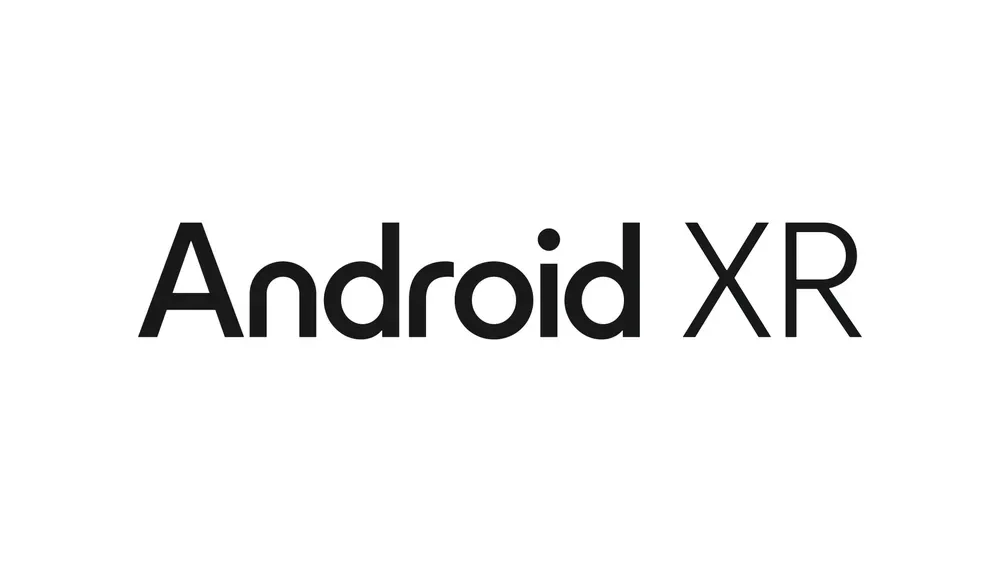
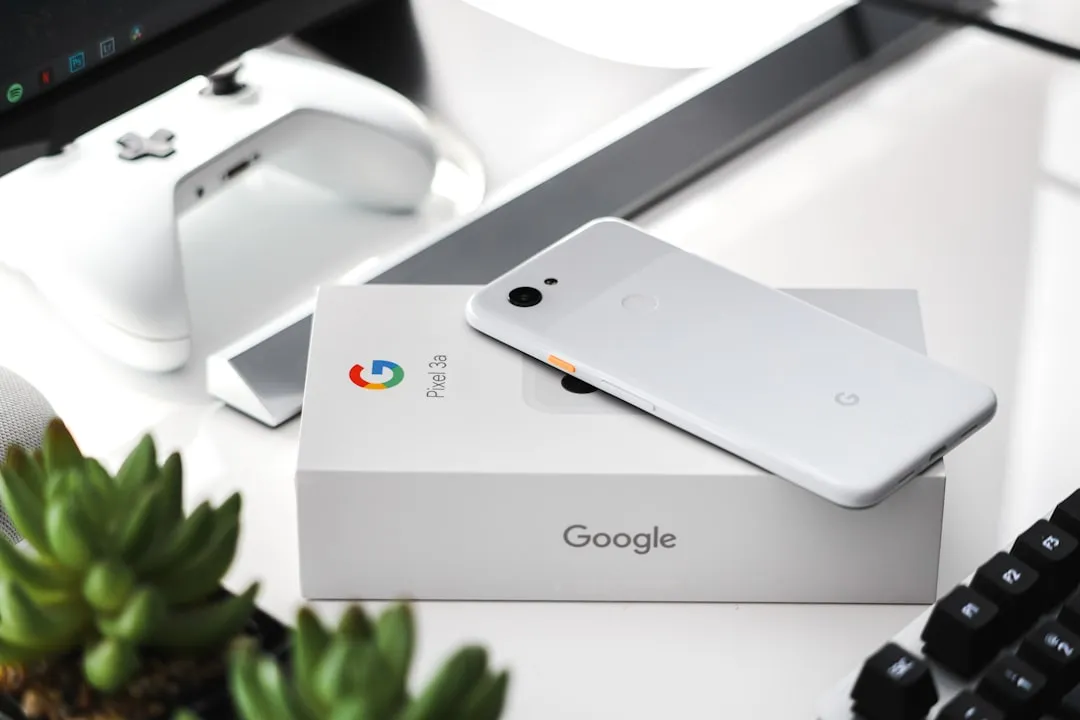


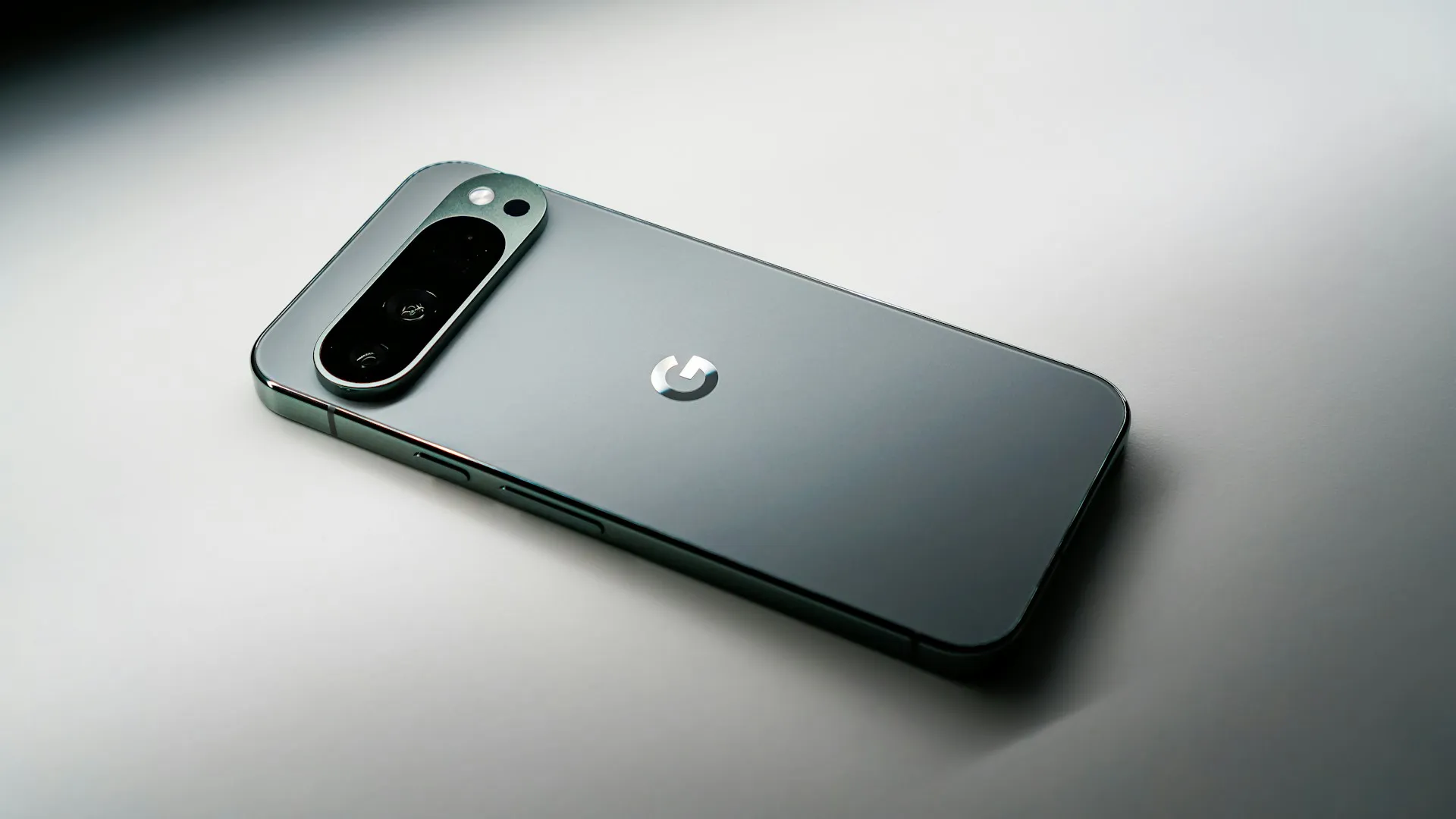




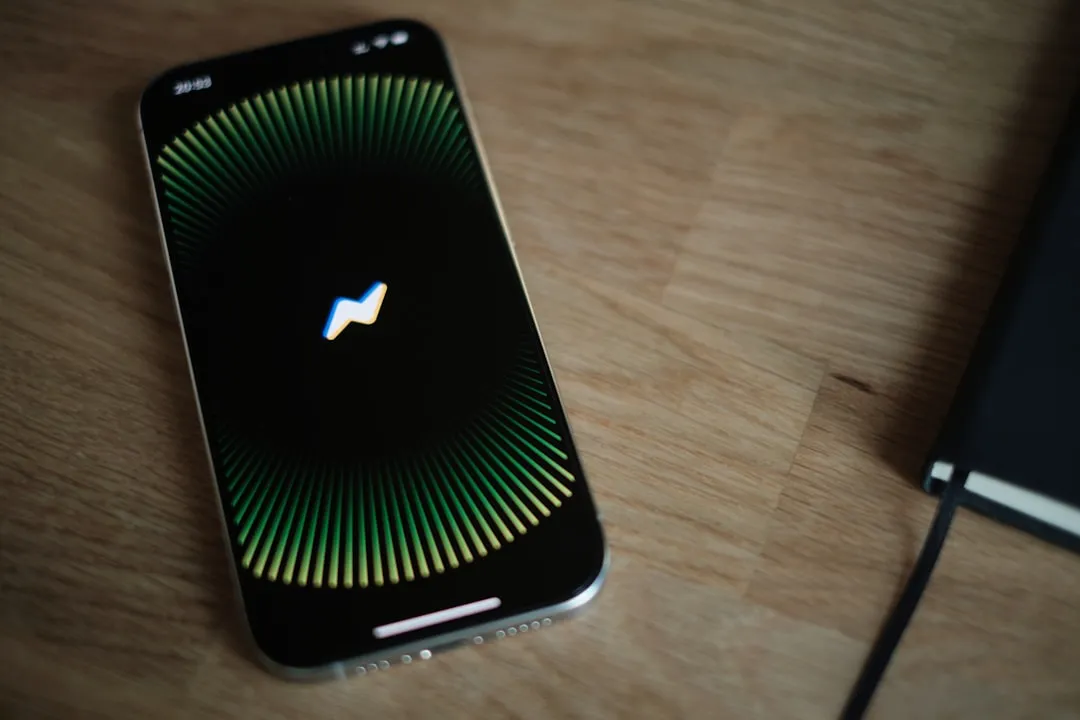

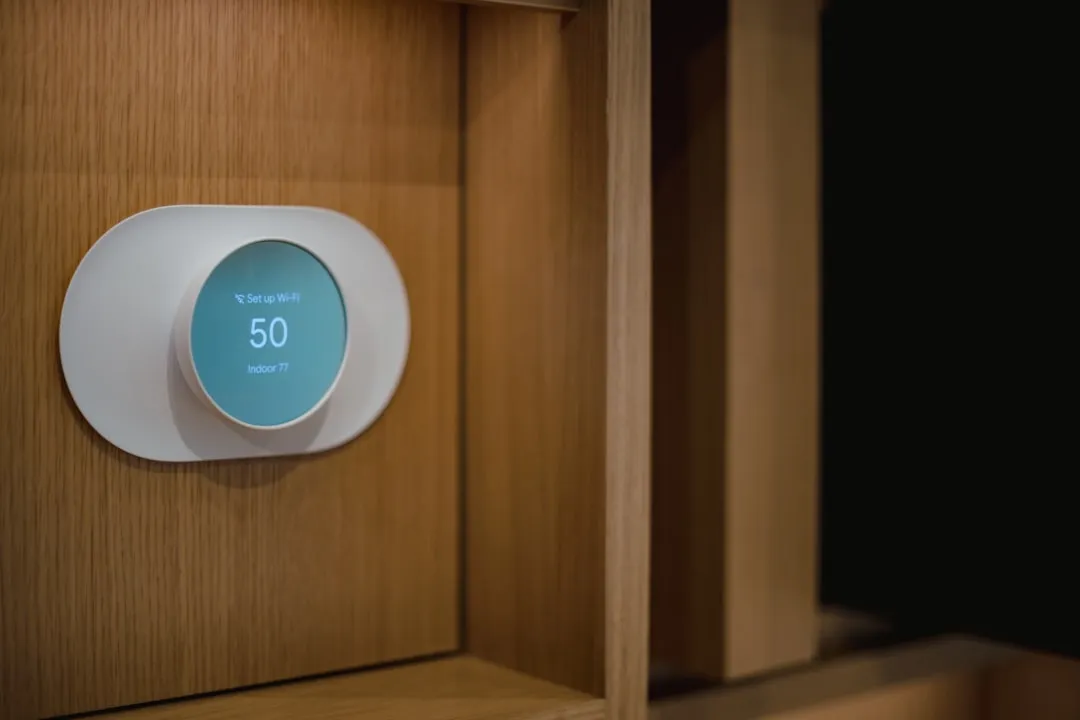

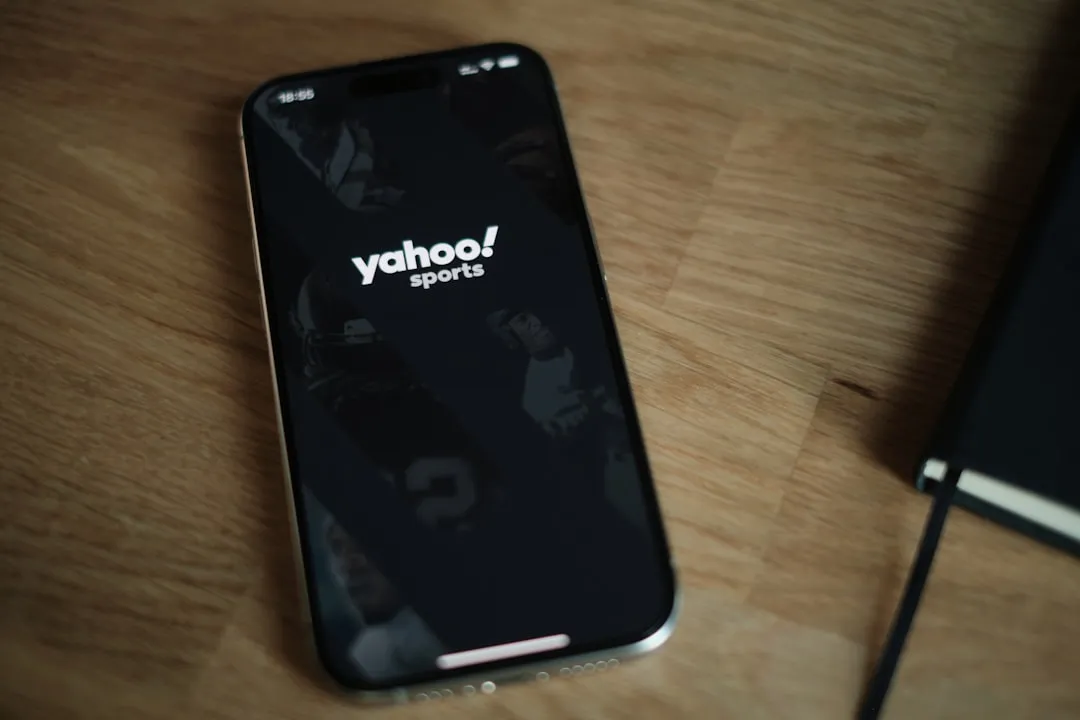
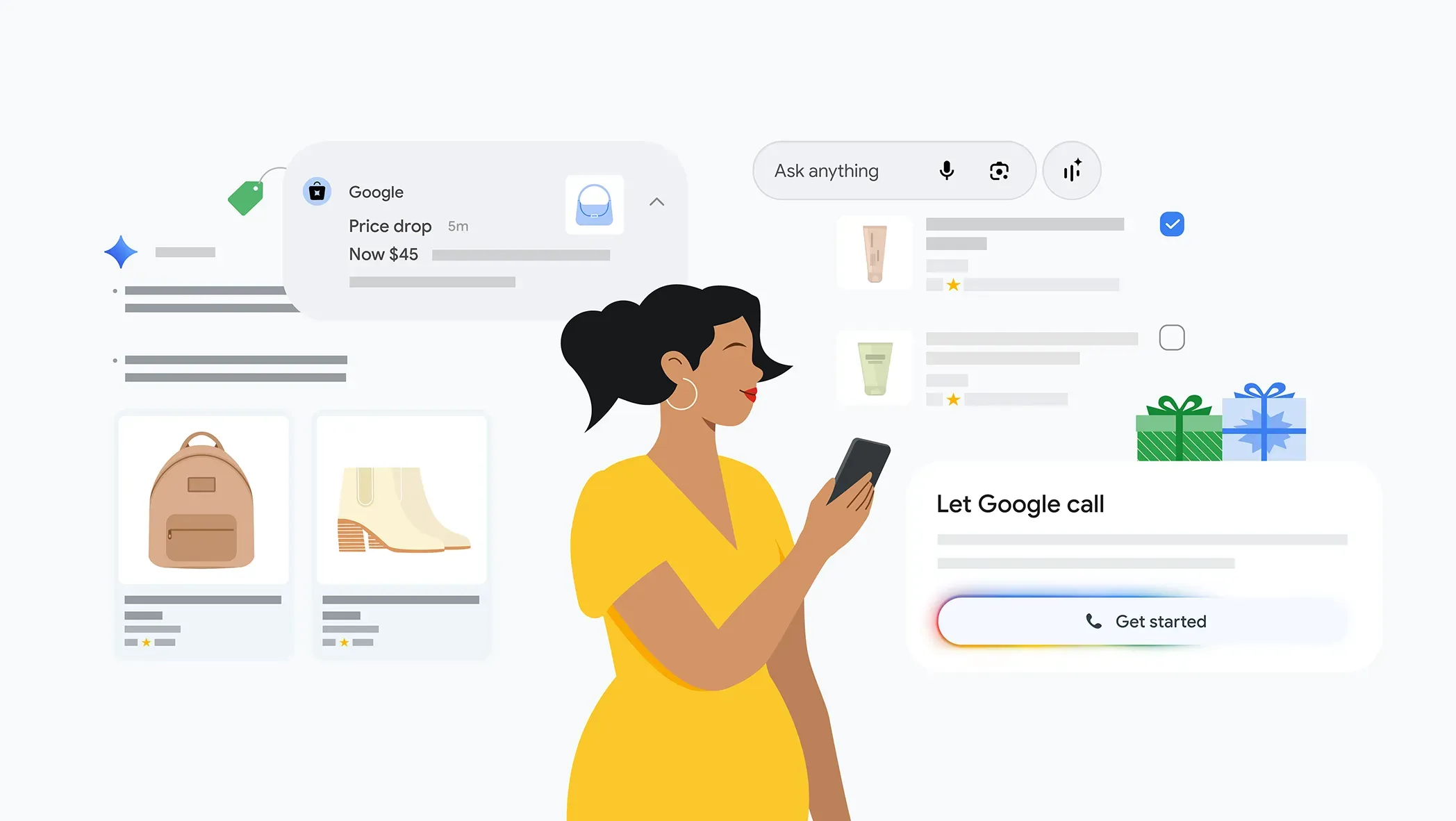
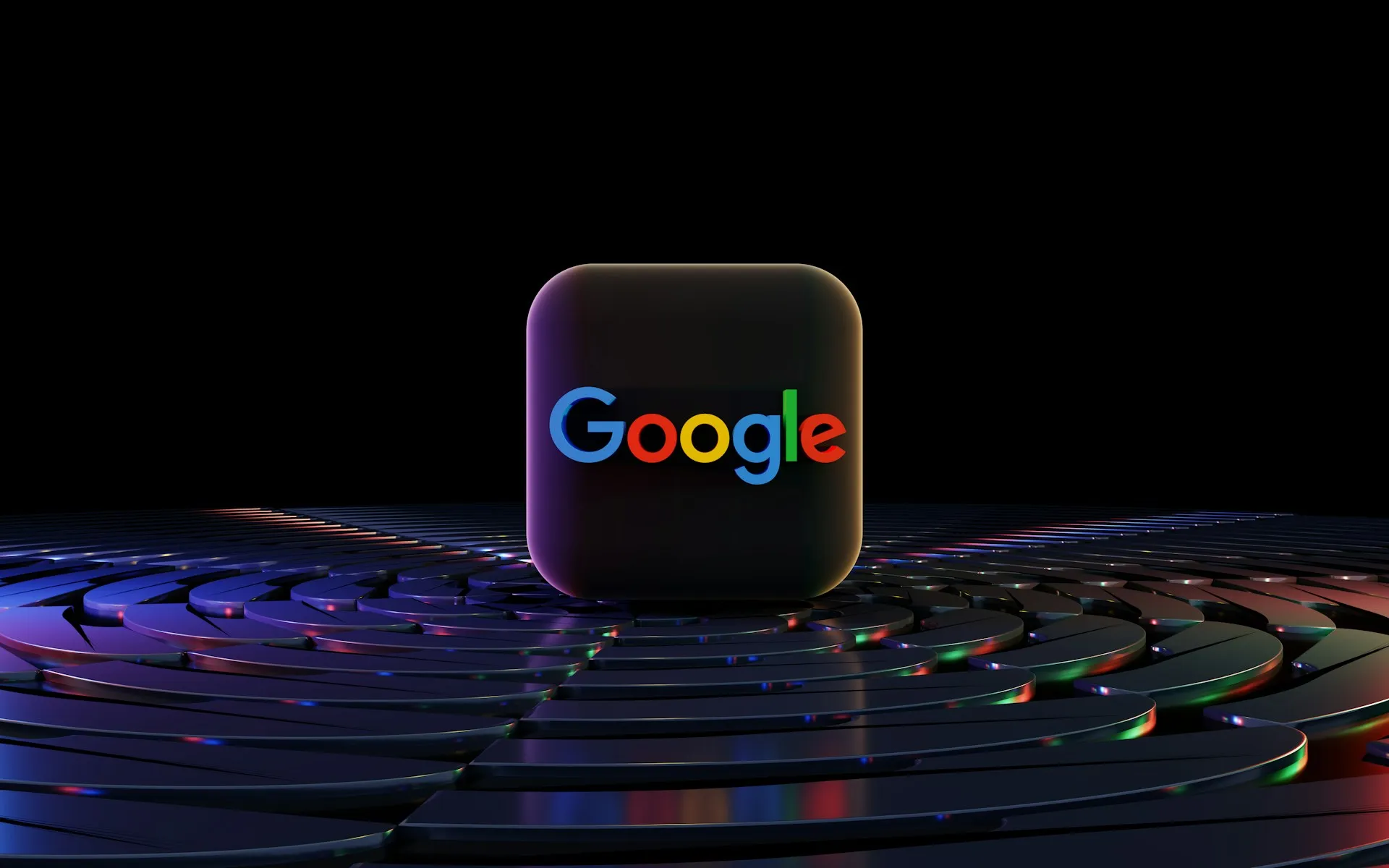
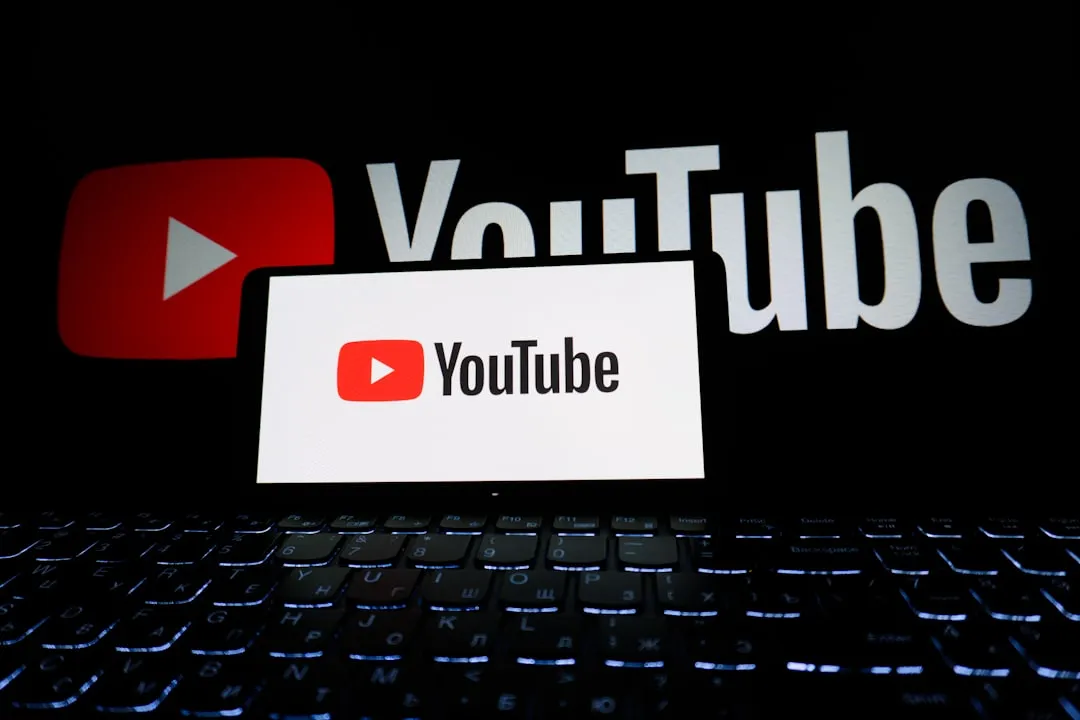


Comments
Be the first, drop a comment!